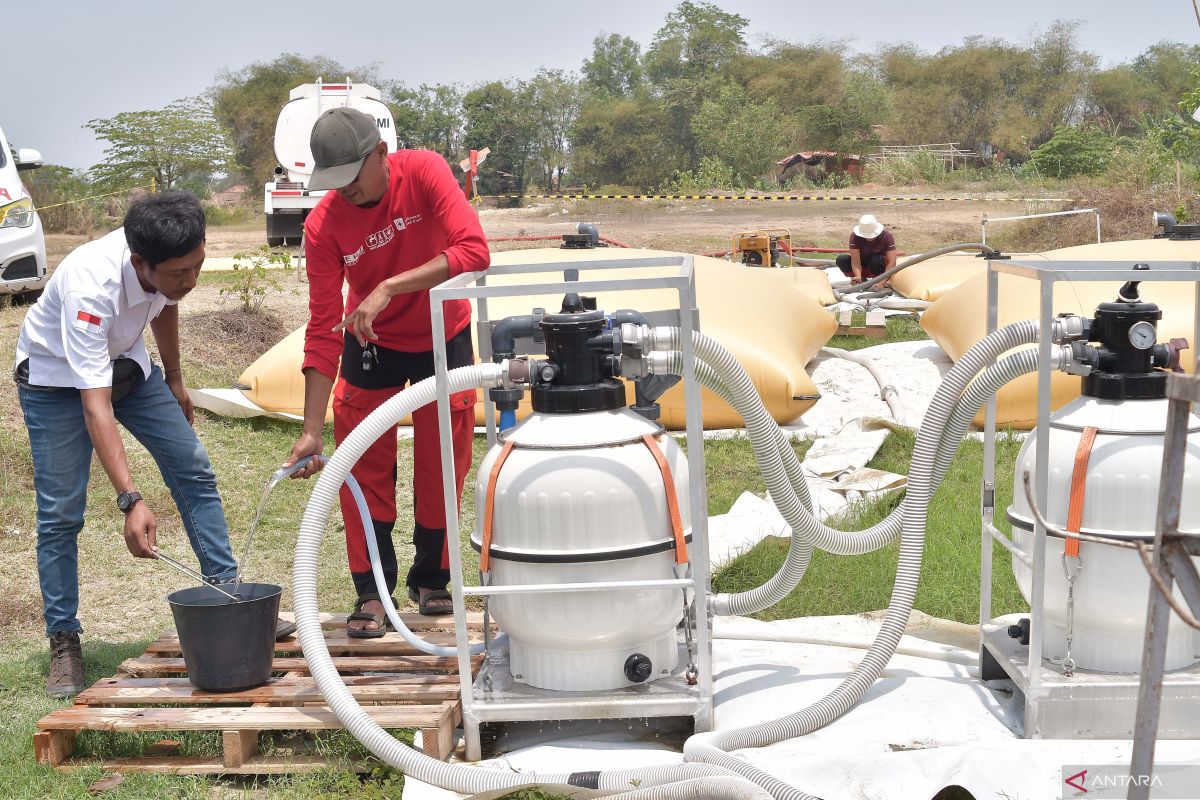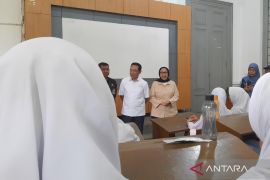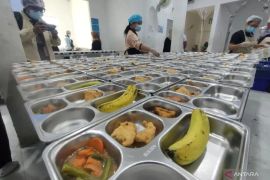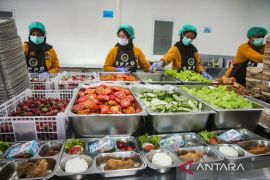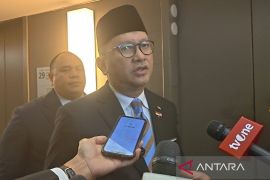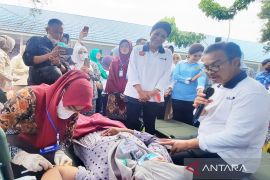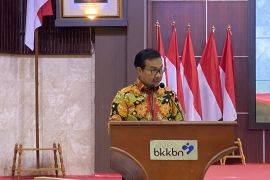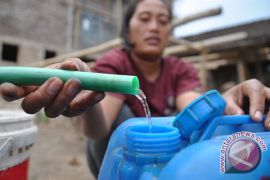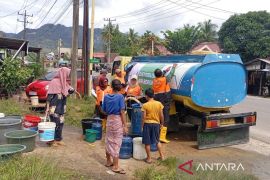"Currently, there are 3.1 million Indonesian students who do not have access to clean water in their schools," director general of early childhood, primary education, and secondary education at the ministry, Iwan Syahril, said at the launch of the 2024–2030 School Sanitation Road Map, here on Monday.
At least 8.9 million Indonesian children do not have access to proper sanitation facilities and only three out of four schools at all levels have sanitation facilities with running water and soap, he added.
He said that the physical and mental health of students greatly affects the quality of education.
So far, the ministry has encouraged schools to improve the quality of student health through the Healthy School Movement (GSS), which focuses on five aspects, namely nutrition, immunization, physical and mental health, and environment.
To build healthy school environments, the ministry has urged educational units to adopt a clean and healthy lifestyle by ensuring good sanitation facilities, such as proper and sufficient clean water, access to sanitation in the form of separate latrines, and handwashing facilities with soap and running water.
Several studies have shown that the availability of school sanitation has an impact on health, education, gender equality, and economic indicators.
To support these efforts, the ministry has set up the Special Allocation Fund (DAK) for physical infrastructure in schools that can be used by school management to build or rehabilitate toilets.
Syahril asked local governments to pay attention to school sanitation fulfillment through the utilization of the regional budget (APBD).
He also asked school principals to prioritize budget use for school sanitation operations and maintenance.
Related news: Papua: UNICEF pushes local govt to improve school sanitation data
Related news: Govt plans to distribute clean water through household networks
Translator: Astrid H, Kenzu
Editor: Tia Mutiasari
Copyright © ANTARA 2024
